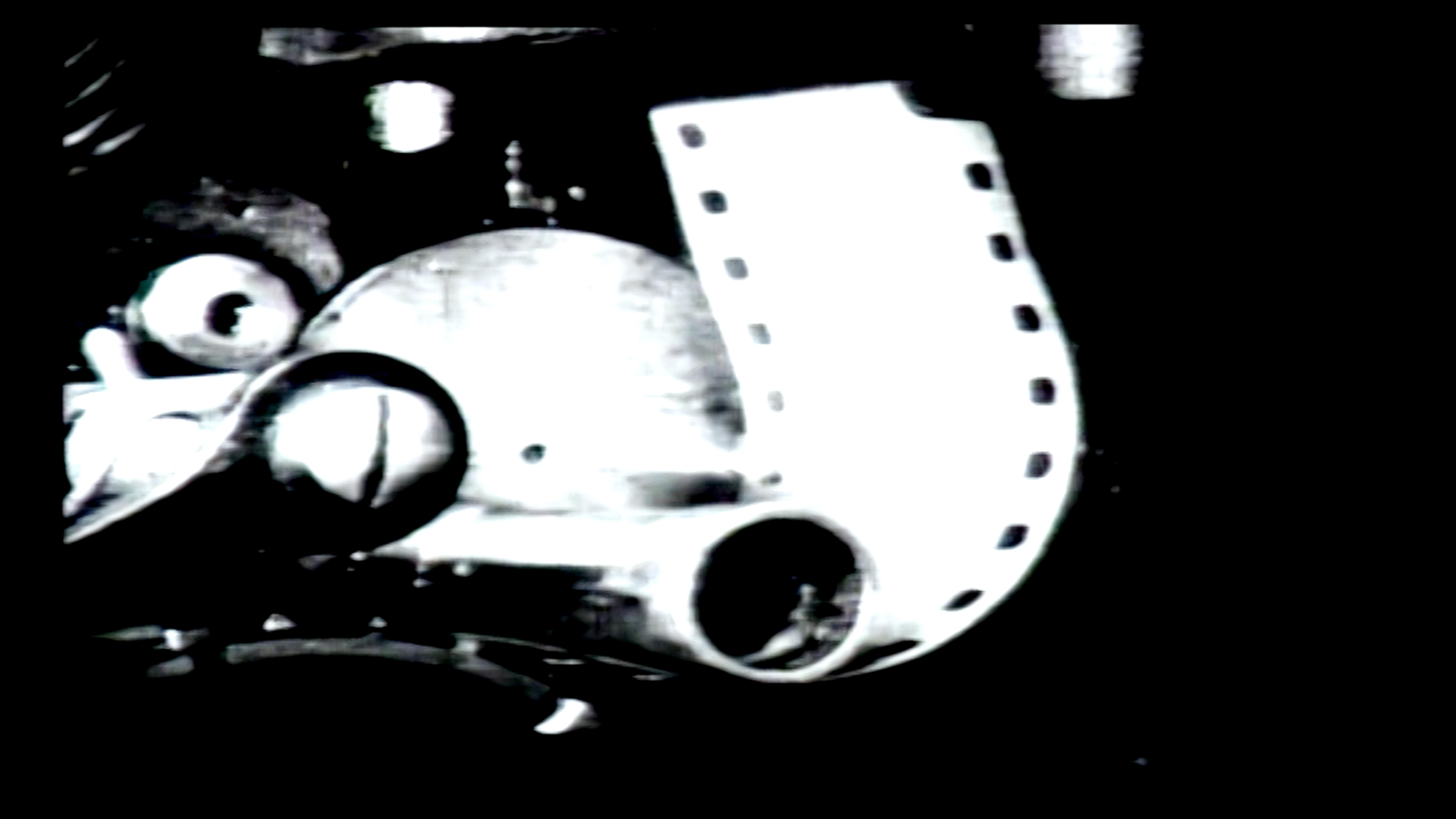
- Festivals
Godard: A Master Provocateur Returns to Cannes With “Livre d’Image”
Much has been made, and with some good reason, of the Cannes Film Festival as the last bastion of cinema, a last stand of sorts for the celebration of the pure art form of film in the age of uncertain digital evolution, of streaming video, YouTube videos, and Netflix. The much-publicized querelle with the latter purveyor of on-demand movies has made the Croisette ground zero for a showdown between digital innovators and those who think film should be inextricably tied to its traditions (and its theatrical releases). Even the controversial ban against red-carpet selfies can be seen as symbolic of the determination not only to stand on ceremony but to make a stand against the ubiquitous rule of small screens which pervade our lives.
In turn, the very French determination to safeguard borders and boundaries is part and parcel of the proactive protection of the country’s film industry (France probably not coincidentally still boasts one of the highest Western rates of movie-going). As Asghar Farhadi told HFPA journalists here just the other day. “Cannes is the last great place to sit in a darkened room and watch a real movie with other film lovers”. One may not fully agree with the traditionalism but it is hard not to admire the determination with which film is celebrated and upheld here.

A scene from Le livre d’image.
courtesy cannes film festival
At the same time, tradition does not have to mean artistically conservative. Witness the selection of Le Livre d’Image, the latest film by one of cinema’s great innovators and disruptors. Jean-Luc Godard was, of course, the firebrand poet-philosopher- of the nouvelle vague. A trailblazer in the revolution of images and storytelling coming of age in the sixties, he gleefully deconstructed accepted norms and mores, leading the new wave’s postmodern reinterpretation of an American dominated form.
Halfway between video art installation and a Thom Andersen theoretical film essays, the aptly titled “Book of Image” is a collage of images – mostly from classic films from many cultures as well as archival footage, narrated by the director’s gravelly voice reading quotations, fragments of literature, utterances, partial sentences….a poetic manifesto reflecting on Art, Life and Politics over an edited loop of film frames by Hitchcock, Eisenstein, Pasolini and many others, archival footage of Nazi Germany, Isis and other abominations and a mixtape of images detailing the bloodlust of political power and the emotion of great movies. Like the film memory of the collective subconscious, it amounts to an homage to the power of cinema and a masterful and erudite provocation by a master provocateur, whose voice is thickened with old age but has by no means lost its force or fight.
In a fashion, the spirit of Godard hovered over last year’s festival as well, when Michael Hazanavicius’ Redoubtable played the Theatre Lumière: a film about Godard and his central role in the events of 1968 when young French directors protested the festival as a tool of the cultural status quo and eventually caused the 21st Cannes Festival to shut down that year. In this 50th anniversary of those events which of Mai 1968 and launched a heady season of political agitation and cultural ferment, Godard is back on the Croisette – albeit only virtually in a press conference via a tenuous face-time connection. During the proceedings, he dispensed riddle-like wisdom (representative sample: “The key to cinema is x+3= 1. Now you just have to find the lock”). But his strongest statement was the film itself, an artistic testament both timely and harkening to an era by now largely consigned to history. Godard posits art as a missive from each historical epoch era to posterity which endures past the demise of those who created it, suggesting an elegy to a disappearing form of expression. And yet, just as many question cinema as we’ve known it as a viable form of art and commerce, Livre d’ Image feels less s like a funeral oration than a powerful endorsement of movies as Art, a sort of conceptual hymnal to the moving image, it’s power, achievements and ultimate humanity.
You may find Godard’s posture conceited, even irritating at times but it is hard to ignore him as a driving force in the past half-century of moving images. Now he launches his last defi, a challenge to an age of digitally disposable and replicable images. A Paean to the enduring legacy of film and all in all fitting entry in this anniversary festival.